Empty hearts, empty stadium
“I hope tonight is a statement,” said Pedro Martinez, a hall of fame Major League Baseball (MLB) pitcher, to over 50,000 applauding fans, “that Montreal is a baseball city. Whatever we can do to bring baseball back to Montreal, we need to do it. And we need to do it now.”
These words were spoken during a pregame ceremony at Montreal’s Olympic Stadium on the night of April 1, 2016. It was the first of a two game series between the Boston Red Sox and the Toronto Blue Jays to end the 2016 preseason. Martinez’s words were met with an immense ovation from the largely Canadian crowd, and he spoke with such confidence that even the rookie fans believed his words: Montreal is primed for the return of the MLB.
In 2004, the former Montreal Expos moved to Washington, D.C. to become the Washington Nationals, ending a 35-year-stint in Quebec’s Metropolis. Ever since, the city has been largely without professional baseball, with the exception being the two game preseason series hosted by the Blue Jays, which just completed its third annual exhibition weekend.
During the years leading up to their departure, the Expos had nary a successful season, caused mainly by excessively frugal ownership and apathetic fans. The City of Saints cares about hockey and only hockey. From 1995 to 2004, the team had a league-low attendance rate of 12,889 fans per game. Meanwhile, the MLB as a whole averaged 27,488 attendees per game, and reached 30,337 for the 2015 season.
It is easy to blame the citizens of Montreal for the Expos’ failure, and deservedly so, but the ownership group and the MLB as a whole are equally at fault.
The owners, especially in the last decade, bided their time until they could get the team out of the city, investing as little money as possible and neglecting to build a successful ball club. As soon as a legitimate player would near free agency and require a large contract, they would trade him for cheap prospects and “rebuild” time and time again.
In addition to ignoring their responsibilities to the team, the Expos’ proprietors also omitted any financial obligation to their arena. Olympic Stadium became known not only for its empty seats and cheap tickets, but also for its ragged atmosphere.
Year by year, their version of MLB became increasingly decrepit. Always an indoor turf-covered field, it became renowned as the worst place to play in the league, and opposing teams lamented playing there. The field itself was in incredibly poor condition and the roof seemed to have more leaks than the stadium had attendees. The Expos home progressively turned into a shell of what was originally the site of the 1976 Summer Olympics.
Throughout their 35 years in Montreal, the Expos managed a few exceptional teams, but circumstances outside their control prevented them from achieving anything noteworthy.
The best chance they had to give the people of Montreal a reason to go to games — other than the odd spectacle that was their creepy orange creature of a mascot, Youppi — was in 1994. Fans should have known from the start that success was not their team’s destiny, because in the offseason prior, their league’s best team, the Atlanta Braves, shifted from the National League (NL) West division, into the Expos’ NL East.
The 1994 Expos boasted a roster of five all-stars, the most in their history, including Moises Alou, Wil Cordero, Darrin Fletcher, Marquis Grissom, and Ken Hill. Despite their new competitor, the Braves, dominating early in the season, the ‘Spos strongly contended and won 20 out of 23 games between July 18 and August 11. They had a MLB-leading record of 74 wins and 40 loses on August 12, when fate intervened. Unable to agree on a new collective bargaining agreement with the owners, the players of the MLB went on strike, resulting in the first work stoppage in professional baseball since 1981.
The labor disagreement would not be resolved until March 28, 1995, after a preliminary injunction by Judge Sonia Sotomayor against the owners. In the meantime, the result was the cancellation of the remainder of the MLB season, including the playoffs, ending Montreal’s only chance at relevancy.
After that season, the Expos predictably traded all of their talented players instead of paying them, and began their final descent into the basement of the MLB. In 2004, their last season north of the border, the team finished with a record of 65 wins and 97 losses, the second-worst record in the NL. They managed to only fill a measly 9,356 seats per game out of a maximum capacity of 66,308.
In the offseason, the Expos immediately transitioned to Washington, D.C. and became the Nationals. Under new management and existing in a larger market, the team formerly known as the Expos finally drew large crowds, spent money, and found success, becoming one of the premier teams in all of baseball.
Now, Montreal is entering their twelfth season without a professional baseball team. Thanks to the large turnout for the exhibition series the last three years, steps are being taken for the MLB to make its comeback there. If it is to come to fruition, the most likely scenario is for an already existing team to move to the city, and it appears that the Tampa Bay Rays are the likeliest possibility.
The rich and famous of Montreal past and present have pledged their allegiance to bringing baseball back, including Pedro Martinez. In fact, plans to build a new stadium are in the early stages. But ultimately, what is the point? The people of Montreal have a short attention span when it comes to baseball, and yes, the exhibition games the last three years have drawn record crowds.
Unfortunately, most of these fans are there for the sole sake of nostalgia. Each year of the Expos’ existence in Montreal always started out successfully, with the biggest turn out of the season being the home-opener. After that, attendance declined drastically.
The bottom line is that Montreal is a hockey town, and that isn’t changing. Should the Rays move there and revive the Expos, it would initially be a success before inevitably failing and repeating the history of the Expos of old.


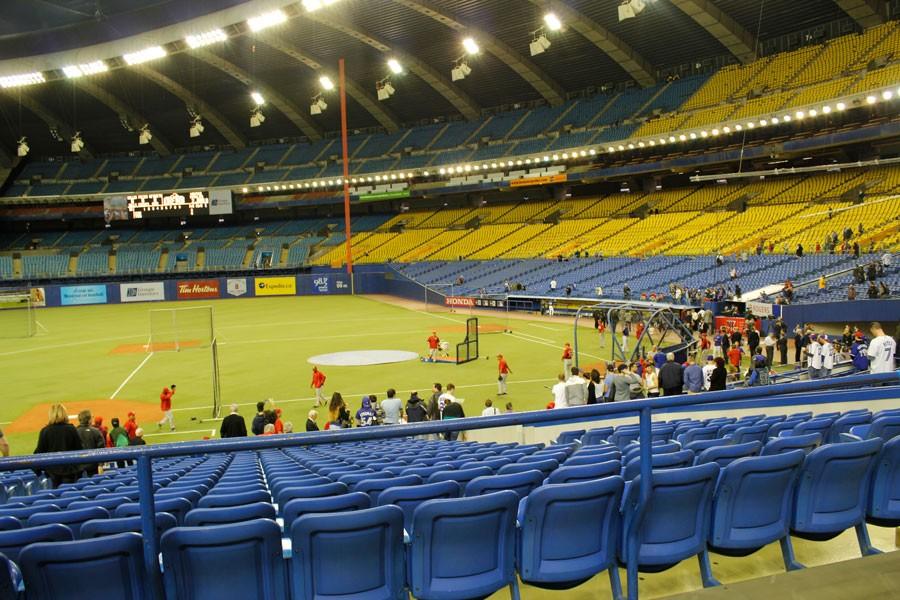
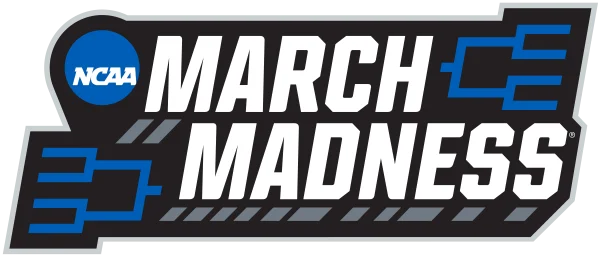
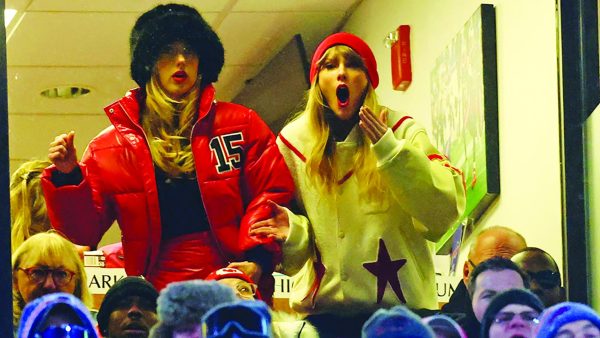

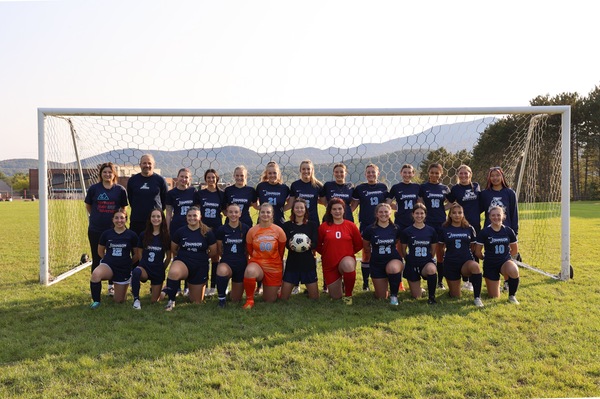
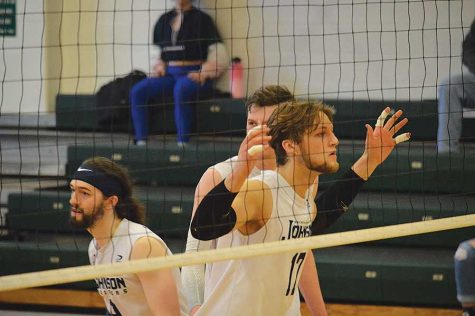
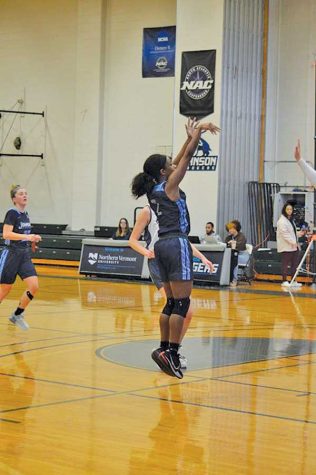

Anon • May 6, 2016 at 8:48 am
Let Montrealers make that call. Perhaps you should just stick to what you know – like tree hugging.